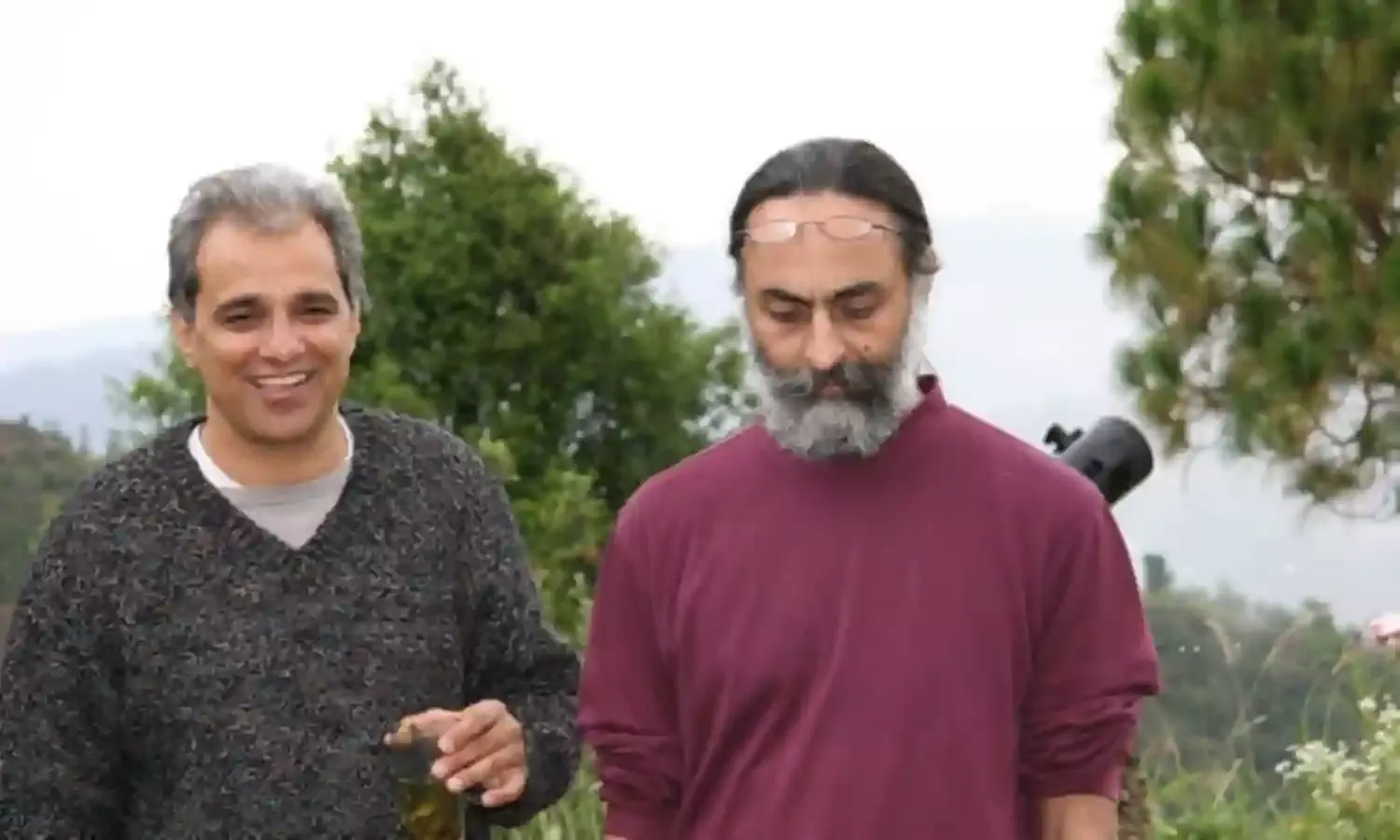'Othering' Is Not Restricted to the LGBTQ Community: Sunil Mehra
It is a moral issue which all of us need to challenge
Sunil Mehra, 63, is former editor of the Indian edition of Maxim magazine and one of the petitioners who challenged the Supreme Court’s 2013 ruling on Section 377. Along with Navtej Singh Johar, a co-petitioner and his partner of over two decades, he has co-founded Studio Abhyas.
Excerpts from our interview with Mehra:
The Citizen: How would you describe this judgment?
Sunil Mehra: It is one of the most beautiful and lyrically crafted judgments. It can be considered a building block of knowledge. It tells us how societal morality cannot be a substitute towards constitutional morality.
I am an equal who has been denied constitutional rights along with the rights to marry and adopt. That said, we need to consider the ‘social ostracism’ prevalent in our society. The ‘othering’ (saying that you do not belong with us) which majoritarian society does is traumatic in nature.
This othering is not restricted only to the LGBTQ community. There are different minority groups which when brought together amount to a considerably large fraction of society. And, these groups have been constantly denied constitutional rights. There is still a long way to go to extend constitutional rights to various other communities who have been deprived of them for long.
Justice Chandrachud slammed the ‘neutrality’ of the government, saying ‘All that the stand of the government indicates is that it is to the “wisdom” of this Court that the matter is left’. In your view, why were both the UPA and NDA governments reluctant to table legislation against Section 377?
Political parties play to constituencies and not moralities. The 2013 judgment of the Supreme Court termed LGBTQs ‘a minuscule minority’. The constitutional bench in 2013 used this argument to recriminalise Section 377 and overturn the verdict of Delhi High Court. The nature of jurisprudence is debatable.
Also, the use of the term ‘minuscule minority’ is questionable. Extending this to minority groups such as Dalits, Muslims, Christians, Ahmadiyyas, Rohingyas etc. would imply that a significant part of our society does not comply with the thinking of ‘majoritarian beliefs’. Political parties try to avoid getting into such issues because our struggle does not appeal to majoritarian standards and their beliefs.
Legally we have decriminalised Section 377, but are we as a society ready to decolonise homosexuality in the mind and social space?
See, intellect or knowledge don’t matter here. Many of us who come from well educated backgrounds have lived and experienced discrimination. It is a moral issue which all of us need to challenge.
Are you willing to see a fellow human being in trauma? Are you willing to hear their traumatic experiences? Social ostracism occurs because we as humans turn a blind eye towards other humans and their suffering. The socio-political setting in which we live undermines the dignity of an individual. As a collective we need to understand this, that social morality cannot prevail over individual morality.
How do you see and define ‘dignity’?
(Laughs) Isn’t it the same for everyone? No one has the right to take away the dignity of an individual. The sooner we realise it the better it will be for us. Also, the intrusive nature of the State needs to be checked repeatedly.
During this long run, did you ever give up on hope?
Not really. ‘The law is our stone.’ This helps every individual realise that ‘I am an equal citizen.’
(Cover Photograph The Guardian)





